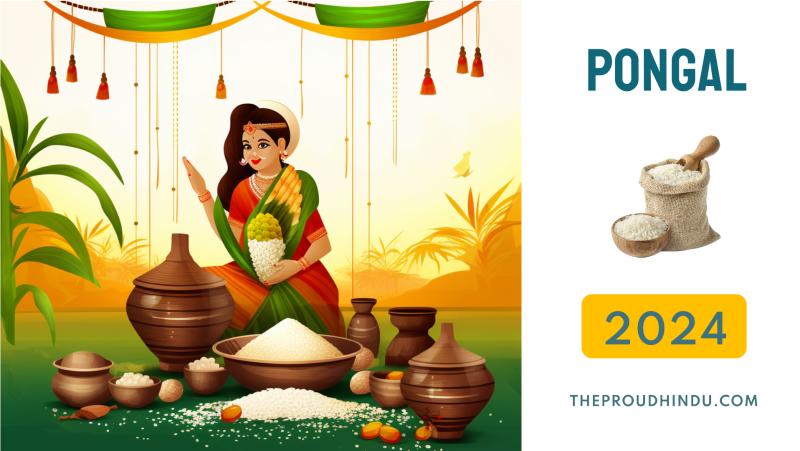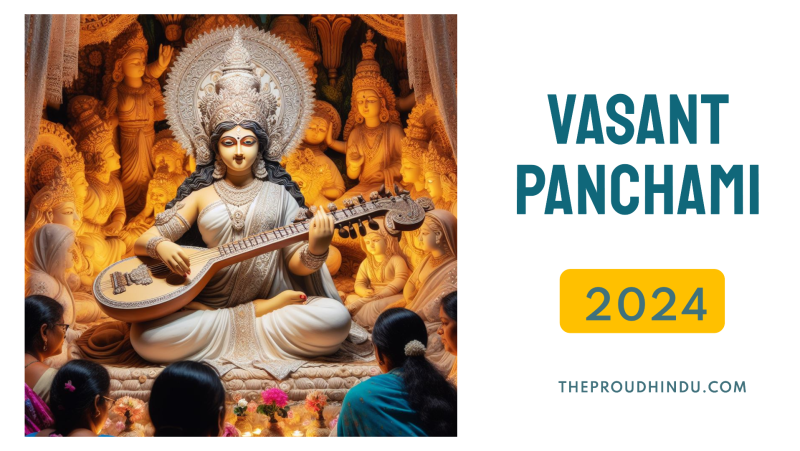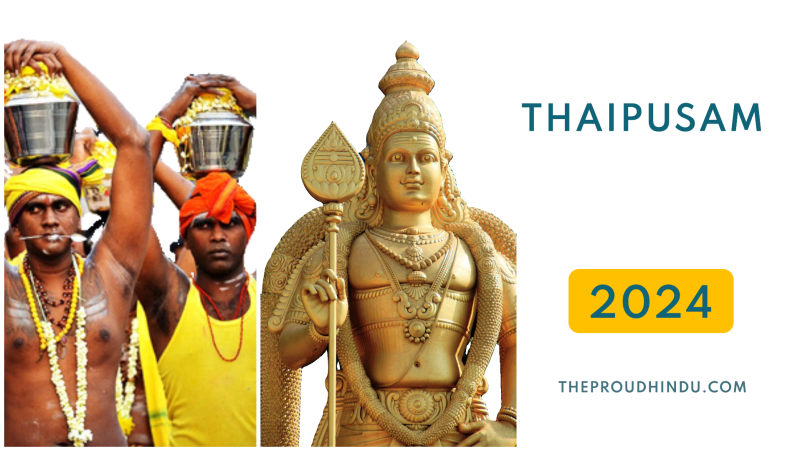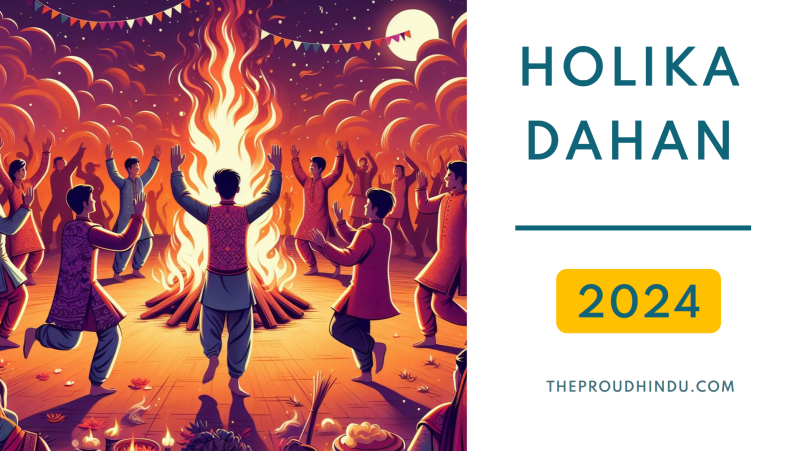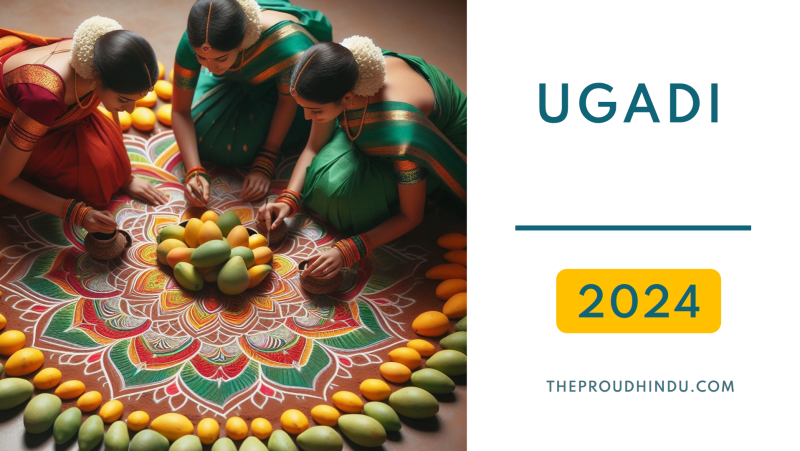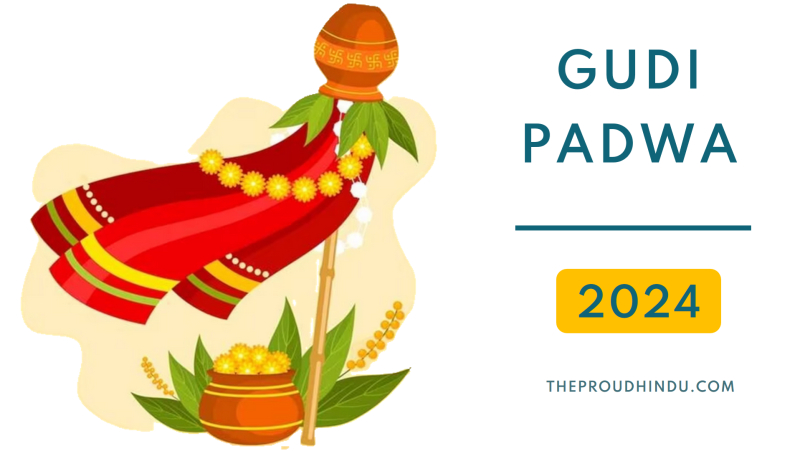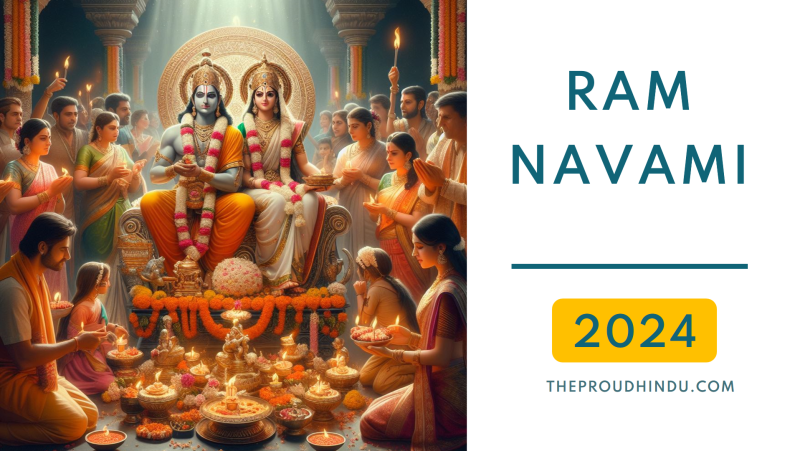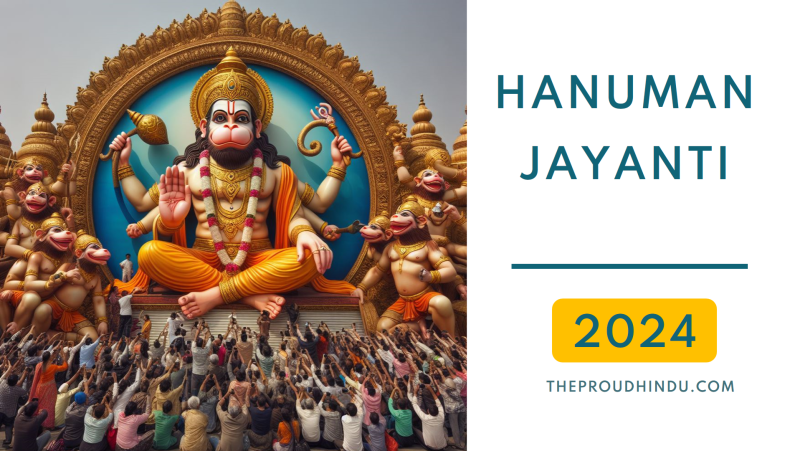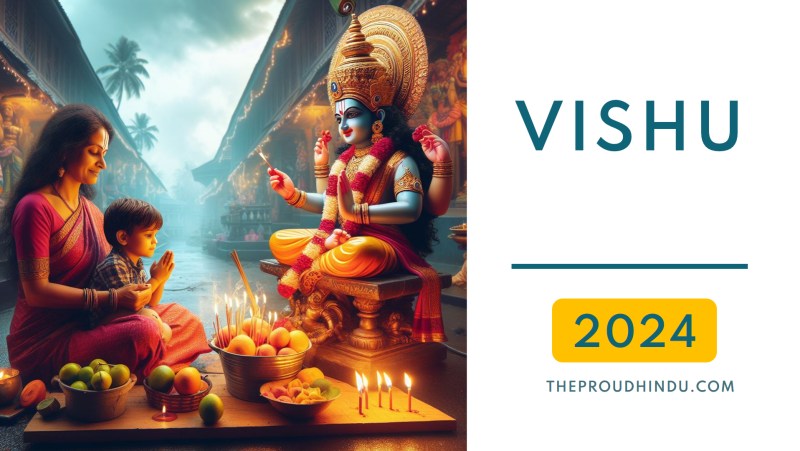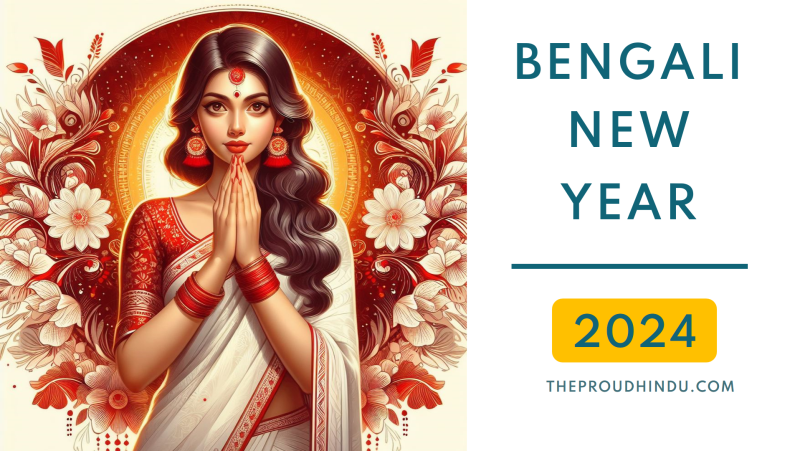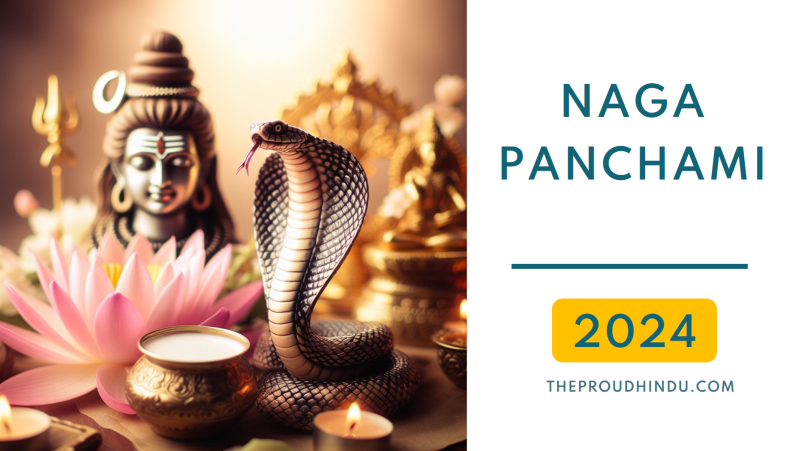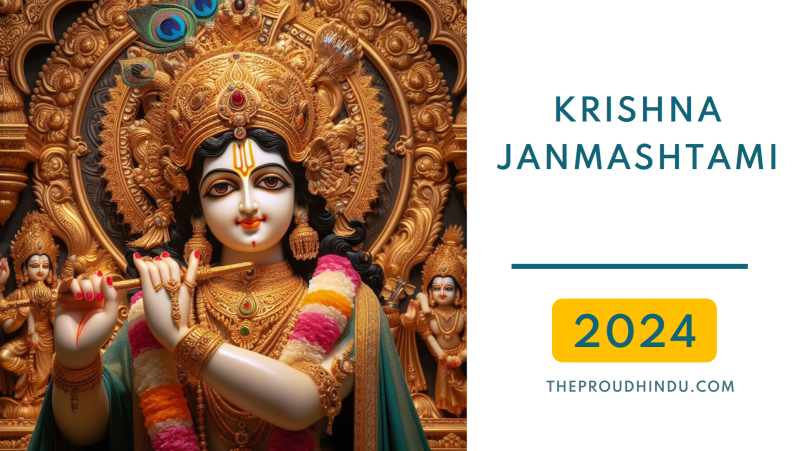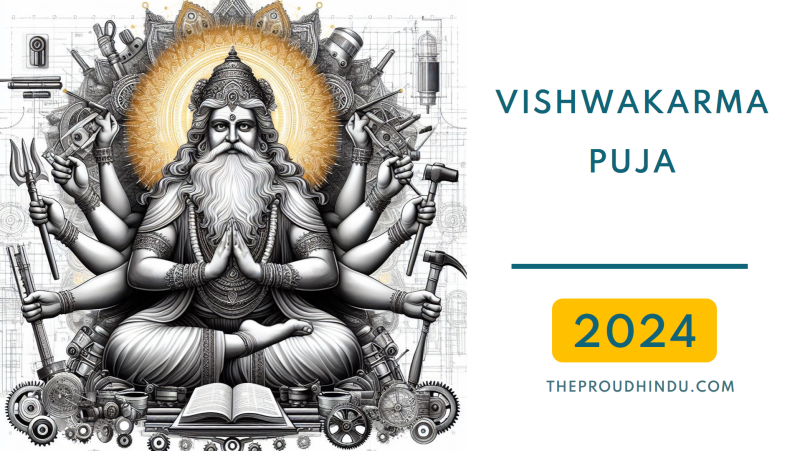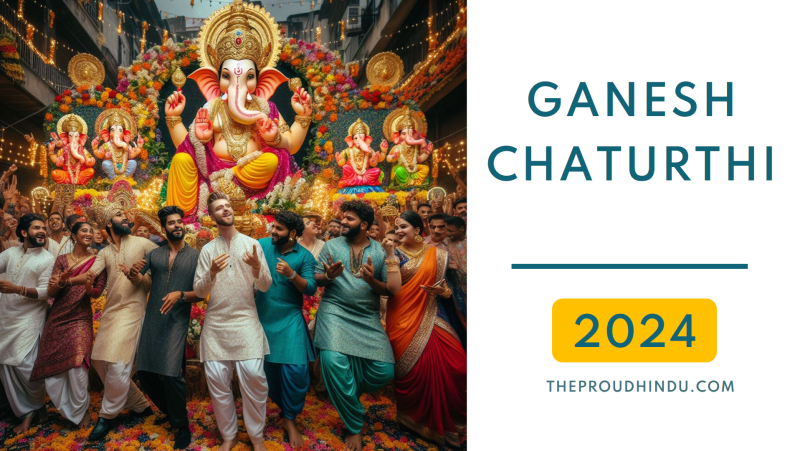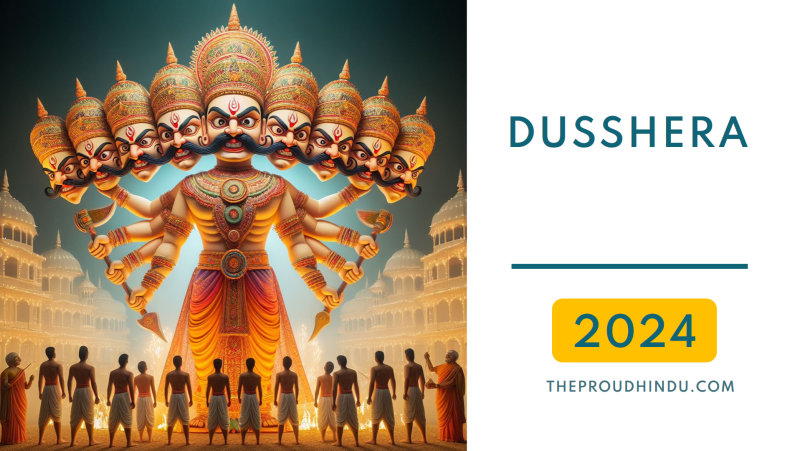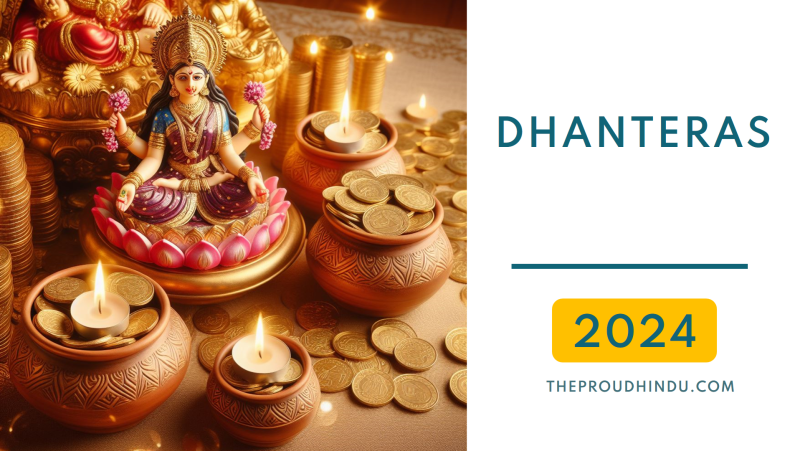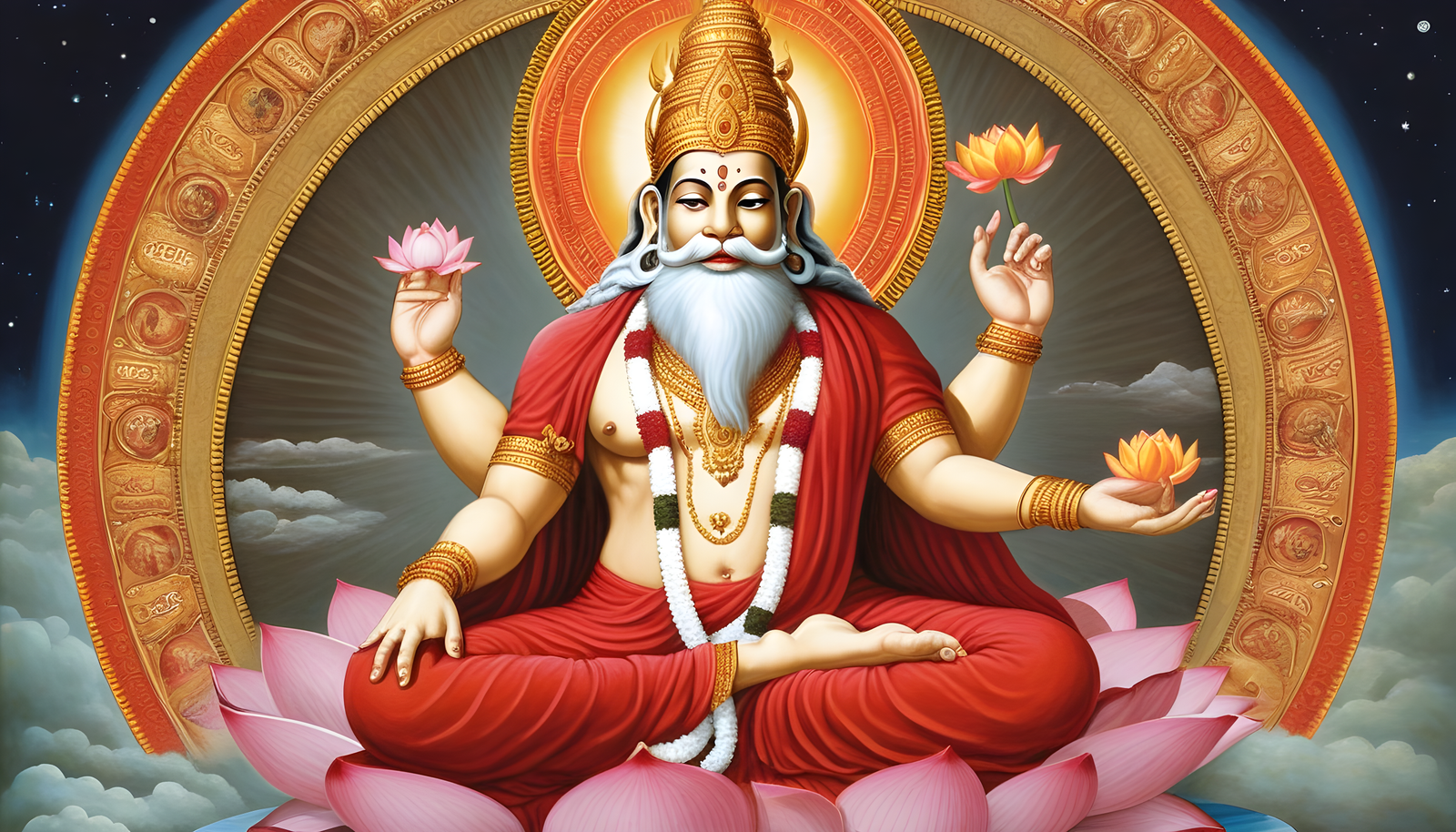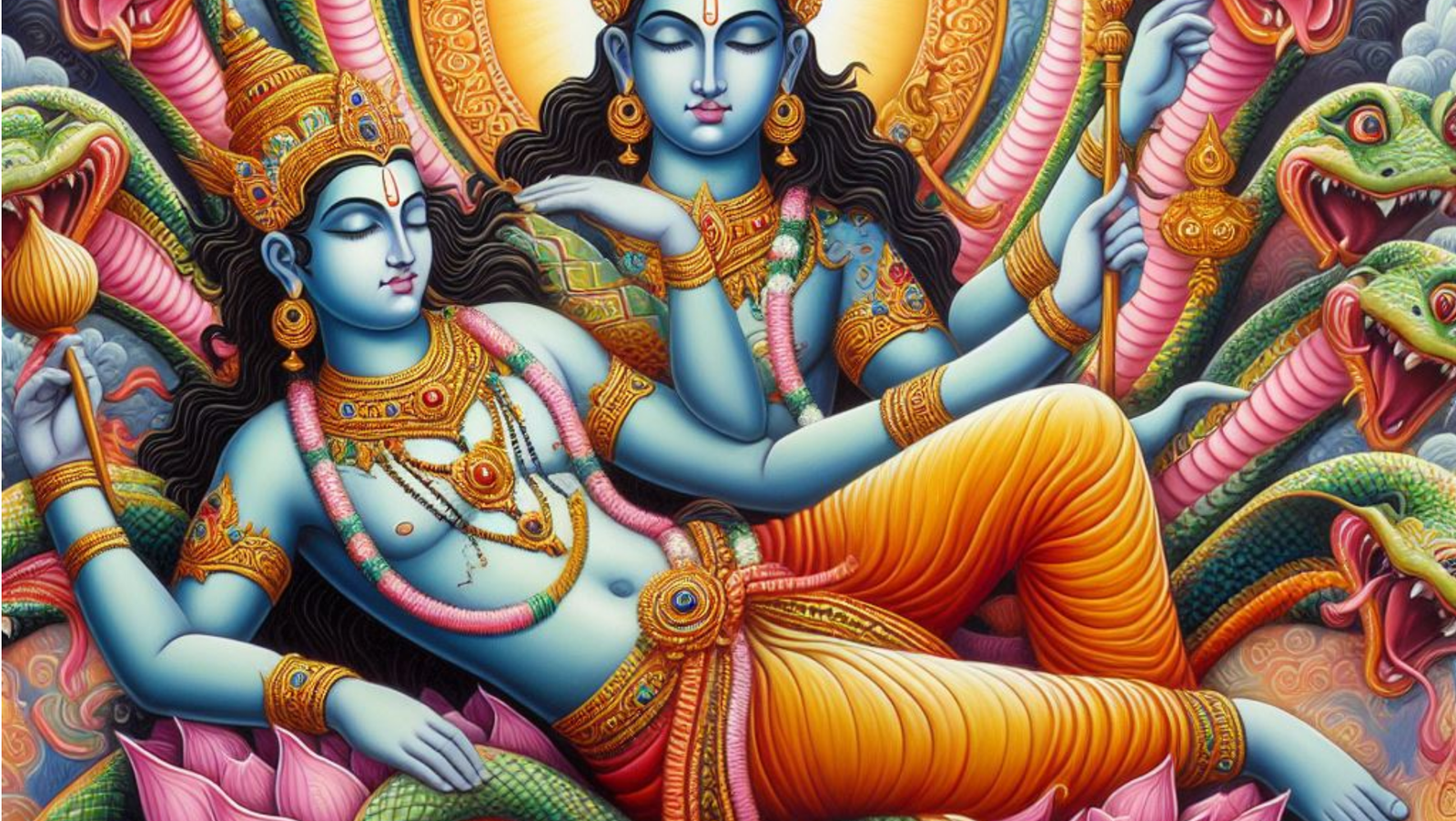
About Bihu 2026 Festival Celebrations
Bihu – The Festival of Assam. Bihu is one of the most important festivals of Assam, India which is an occasion of great jubilation and rejoicing and also the beginning of the Assamese New year (around April) and the first farming operations of the year. This festival has three forms of Bihu celebrated at different times of the year including the Rongali or Bohag Bihu (April), Bhogali or Magh Bihu (January) and Kongali or Kati Bihu (October). The most festive celebration—Rongali Bihu—has the period's most entertaining activities, particularly the raunchy and sensuous Bihu, Husori, along with traditional songs, large performance troupes and crowds celebrating in a collective community feast attended by family, friends, and neighbours enjoying the plugs and sweets as food and gifts; particularly various pitha (a toasty, or shallow-fried cake). It marks the resurgence, the harvest and the season of the community coming together, with people adorning themselves in regional ethnic wear, playing traditional games and prayers for an auspicious year ahead. Bhogali Bihu is about food and feasting, where traditional Assamese food is prepared and various types of rice such as doi-chira and pitha are made, whereas Kongali Bihu is characterised by prayers and rituals, seeking protection for the crops from pests. The Bihu festival is a mark of cultural distinction of Assam, marked by unity, mirth and a robust sense of reverence towards the abundance of nature.
Bihu 2026 Date
Bihu festival in 2026 will be observed on:
• Rongali Bihu (Bohag Bihu) : Tuesday, 14 April 2026
What Is The Importance Of Bihu Festival In Assamese Culture
Owing to there being as many as three Bihu festivals observed annually, the festival forms an integral part of a larger Assamese reverence for the seasons and the year’s agricultural performance.
1. Agricultural Significance: Bihu is essentially an agrarian festival which is celebrated based on the cycle of farming and with the changing seasons. Rongali Bihu in particular marks the Assamese New Year, and the beginning of the sowing time at the fields and in most traditions the beginning of the cropping season.
2. What it celebrates: Through energetic music, dance, and traditional rituals, Bihu celebrates the Assamese way of life. It’s that time of the year when people don traditional clothes like Mekhela Chador (for women) and Gamosa (for men), perform folk dances like Bihu and Husori and be a part of many cultural events displaying the art forms of Assam.
3. Social Bondage: The fair nurtures brotherhood and camaraderie in the society. It unities families and communities towards social gathering, feasting, singing, dancing which creates a sense of togetherness among the Assamese society.
4. Religious importance: Besides being an agrarian festival, Bihu festival also has religious significance. Several rituals and pujas are performed during this festival to get the blessings of a prosperous year of life ahead. For example, Kongali Bihu is linked with prayers to safeguard crops from pests and natural disasters.
5. Cycle of newness: Each Bihu phase celebrates a different characteristic of Assamese life – Rongali Bihu marks the pass- age of joy and merriment, Bohag Bihu acknowledges feasting and abundance and Kongali Bihu revolves around reflection and prayer – showing not only the cycle of life and the new as old and the old as new, but also reverence for nature.
Bihu is an integral part of the Assamese culture and celebrates the state's agrarian tradition, rich culture and the close bond between the people and their land as well as with changing seasons.
Assamese Bihu
Bihu festivity - The Assamese Bihu festival is the most important festival of Assamese culture celebrated with excitement and pleasure all over Assam.
1. Rongali Bihu (Bohag Bihu): Observed in mid- April, Rongali Bihu also known as Bohag Bihu represents the Assamese New Year and the onset of the spring season. It is a celebration time, with people performing traditional Bihu (Bihu dance) and Husori (traditional music, folk dance), exchanging gifts, wearing new clothes and fancy, colorful costumes, and singing traditional Bihu songs. :: Homes are decorated and feasts consisting of traditional Assamese dishes, with families and friends, are exchanged.
2. Bhogali Bihu (Magh Bihu): Celebrated in January,its the festival of harvest. Community bonfires, called "Meji" or "Bhelaghar" are made where people gather around the bonfire, singing, dancing, and feasting ensues with the distribution of traditional food known as pitha's and laru's with drinks.
3. Kongali Bihu (Kati Bihu): This is observed in the middle of October, and it is the most solemn of all three Bihus. Devotees offer prayers to Goddess Lakshmi to get blessed with good harvest and perform rituals to protect crops from pests.
Every Bihu contexts differ significantly and institutionalised in various ethnic cultural and geographical context of Assam life. The Bihu merges the Assamese people's reverance for the Eco system and their agriculture dependence.
Rituals and Customs related to Bihu Festival
Rituals and ceremonies. Assamese young women dancing in their traditional attire. The Bihu is related to the culture of Assam; the people of the state celebrate with a lot of enthusiasm and jollity. Following are some of the popular rituals and traditions of the various Bihu festivals:
Rongali Bihu (Bohag Bihu):
• Goru Bihu: A day before Rongali Bihu, the cows are given a bath and later they are decorated with garlands and their bodies are smeared by turmeric paste and sacred offerings. This practice, called Goru Bihu is a homage to the cattle which are so vital to agrarian economy.
• Manuh Bihu: The first day of Rongali Bihu, on which people bath and clean, dress in new clothes and visit elders to receive blessings. They also exchange traditional gamosas as a gesture of respect.
Bhogali Bihu (Magh Bihu):
• Meji or Bhelaghar Construction: Temporary huts made of thatch, bamboo, and wood, called Meji or Bhebarghar, are constructed by some people. They are then set on fire on the evening that they are set-up to while communities come together, sing, dance, recite prayers to a good harvest.
• Feast: Bhogali Bihu is really about a huge feast of traditional Assamese food, particularly rich in rice and meat dishes; the night before the feast is also about communal food-sharing and abundance.
Kongali Bihu (Kati Bihu):
• Akaxi Gonga: In Kongali Bihu, Tulsi plant and handloom are worshipped by the people praying for prosperity and good harvest.
• Obsequies and Offerings: Special prayers are directed towards the Goddess Lakshmi asking for protection from spirits and favors for good fortune for the house and fields.
During Bihu, various traditional songs associated with the season are performed at all times of the day, and children participate in pepa guria (folk games). There is a unique atmosphere when people don Assamese traditional costume, take part in cultural functions and share food, reinforcing the bond of family and community. The traditions and customs in these rituals have further reinforced the cultural significance and enriched the Assamese culture.
What Are The Traditional Foods Which Is Served During Bihu Festival
The Bihu festival in Assam, is celebrated with diverse traditional feast, serving as a center for cultural multiplicity, and the custom of food sharing remains valiant on these festival days. There are many traditional foods which are associated with the bihu festival.
1. Pitha: Variety of pithas are made from a dough or batter of rice flour and include sweets as well as savoury dishes which are either steam-cooked, fried, cooked over a slow flame or the method involves dry heating. Various kinds of pitha such as til pitha, ghila pitha, sunga pitha, and tekeli pitha are enjoyed during Bihu.
2. Laru: Sweet balls made from mixtures of sesame seeds, peanuts, or coconut with jaggery or sugar. They are widely eaten as a delicacy during the festival.
3. Jolpan: Miscellaneous puffed (muri) food like muri, doi chira and non-alcoholic beverages such as different types of tea; served at breakfast or as an evening snack.
4. Pork and Chicken Dishes: Serving the traditional Assamese meats like Duck, Pork or Chicken, prepared in different cooking styles like Duck with Ash Gourd (Omita Khar), Chicken Curry, or Pork with Bamboo Shoots (Khorisa Mangxo).
5. Aru Bhaji: Gently spiced dry dish made from an assortment of leafy greens and vegetables to reflect the culnary heritage of Assam.
6. Fish Galore: Dishes of fresh water fish are a necessity in a Bihu feast and one would probably find Masor tenga (sour fish curry), masor koni (fish fried) and Maasor khar (fish cooked in alkali water) decking the table.
7. Chira and Pithaguri: A combination of flattened rice known as Chira mixed with curd, jaggery and sometimes a ripe banana along with Pithaguri, which includes roasted ground rice with sesame seeds mixed with jaggery, are one of the popular as snacks.
These are mainly cooked for special occasions and represent very rich and special recipes from Assam. They contribute to the festive mood of Bihu and are distributed with love and enthusiasm to family and friends as part of the Bihu festivities.
Bihu Date
| Year | Date | Day |
|---|---|---|
| Bihu 2023 Date | 14 April 2023 | Friday |
| Bihu 2024 Date | 14 April 2024 | Sunday |
| Bihu 2025 Date | 14 April 2025 | Monday |
| Bihu 2026 Date | 14 April 2026 | Tuesday |
| Bihu 2027 Date | 14 April 2027 | Wednesday |
You may also like …
Are You The Proud Hindu?
The Trimurti
Create an account to join us and start taking part in conversations.
SIGNIN

